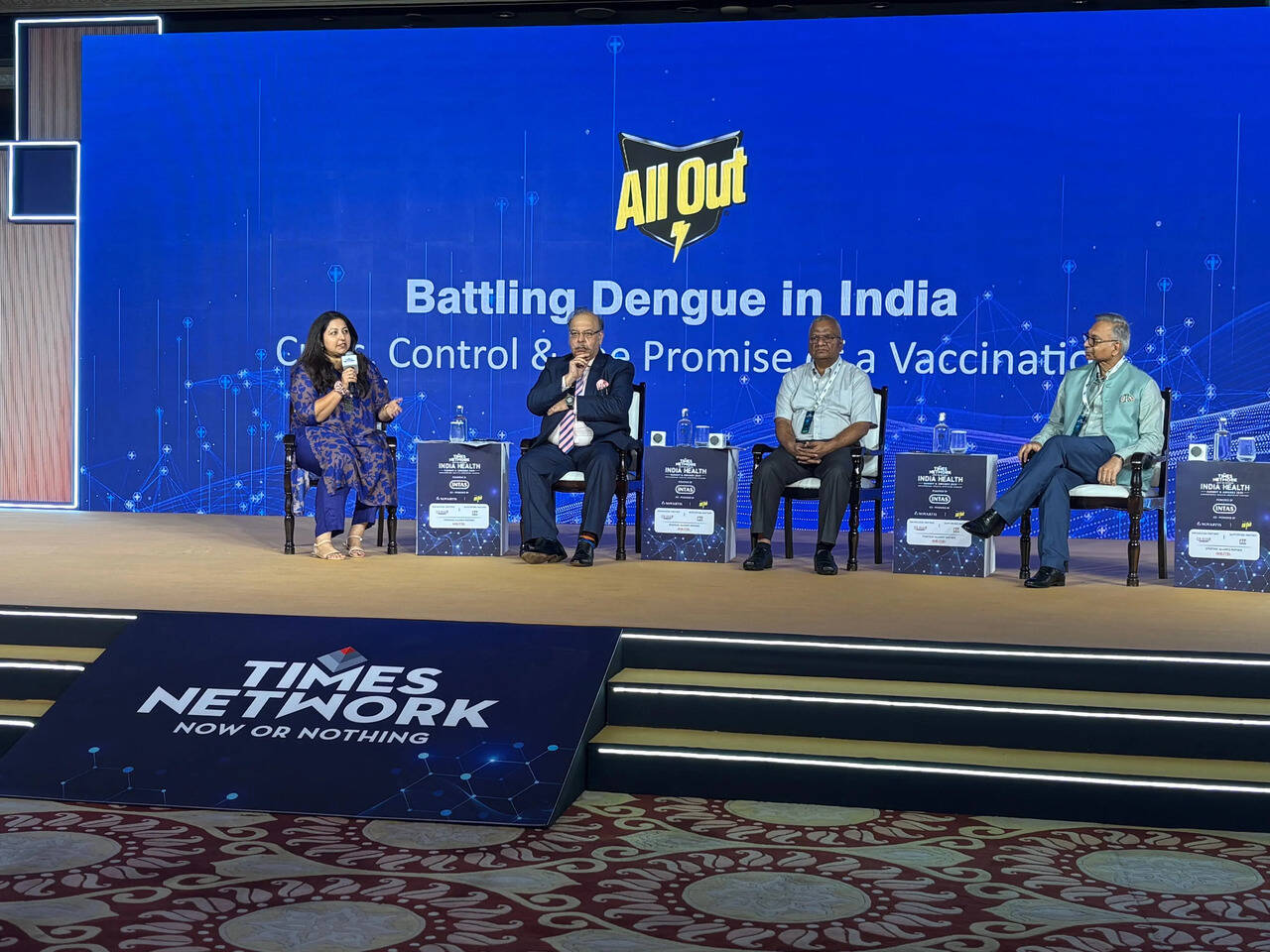Times Network India Health Summit 2025: From Testing Challenges To Long-Term Risks, Experts Decode Battling Dengue

SummaryDengue has been a persistent issue in India and people often have their set of questions regarding the precautions, medicine, cure and vaccination regarding Dengue. Today at Times Network India Health Summit, we got a chance to moderate a conversation with top healthcare experts, who helped us decode about the same.
End of Article
